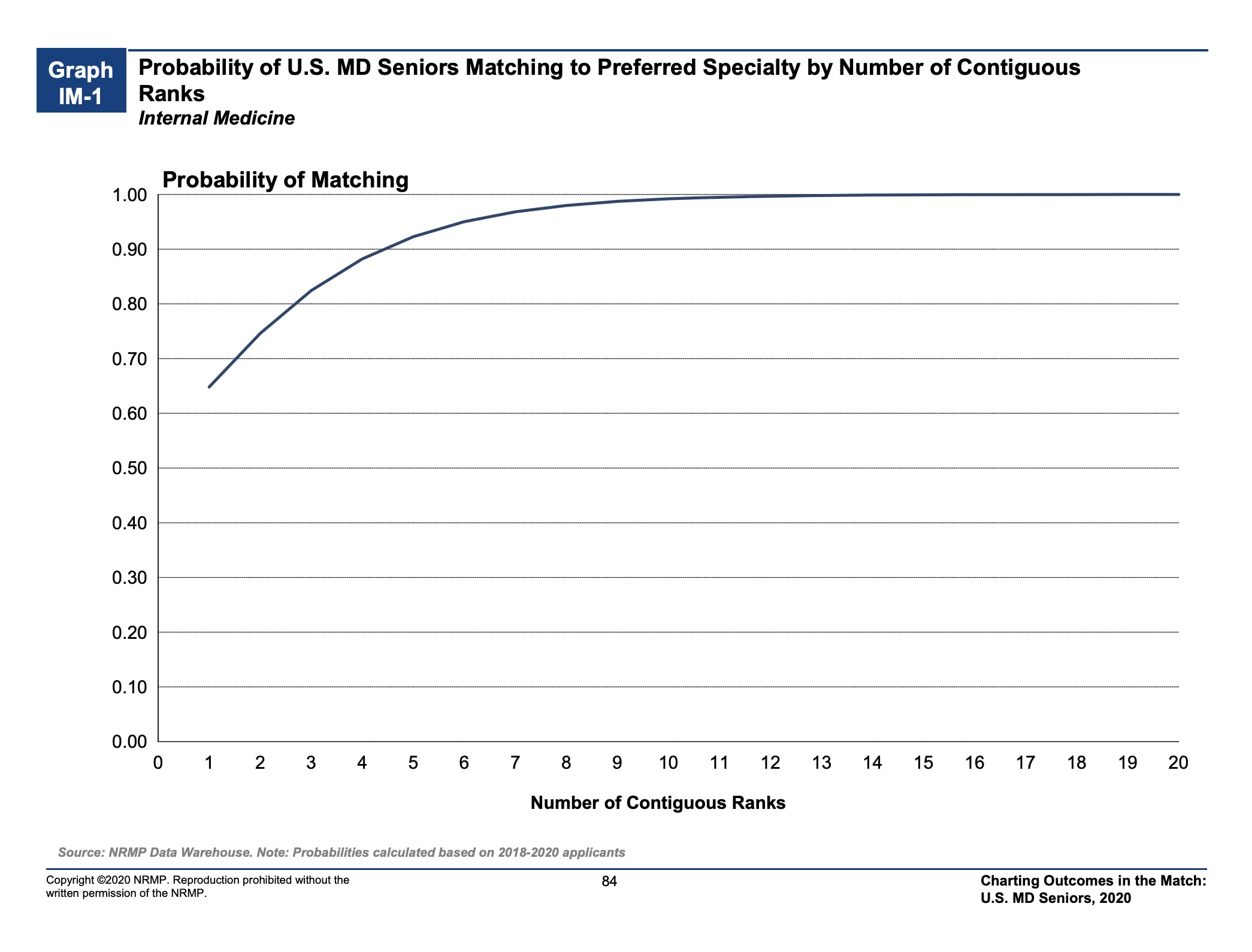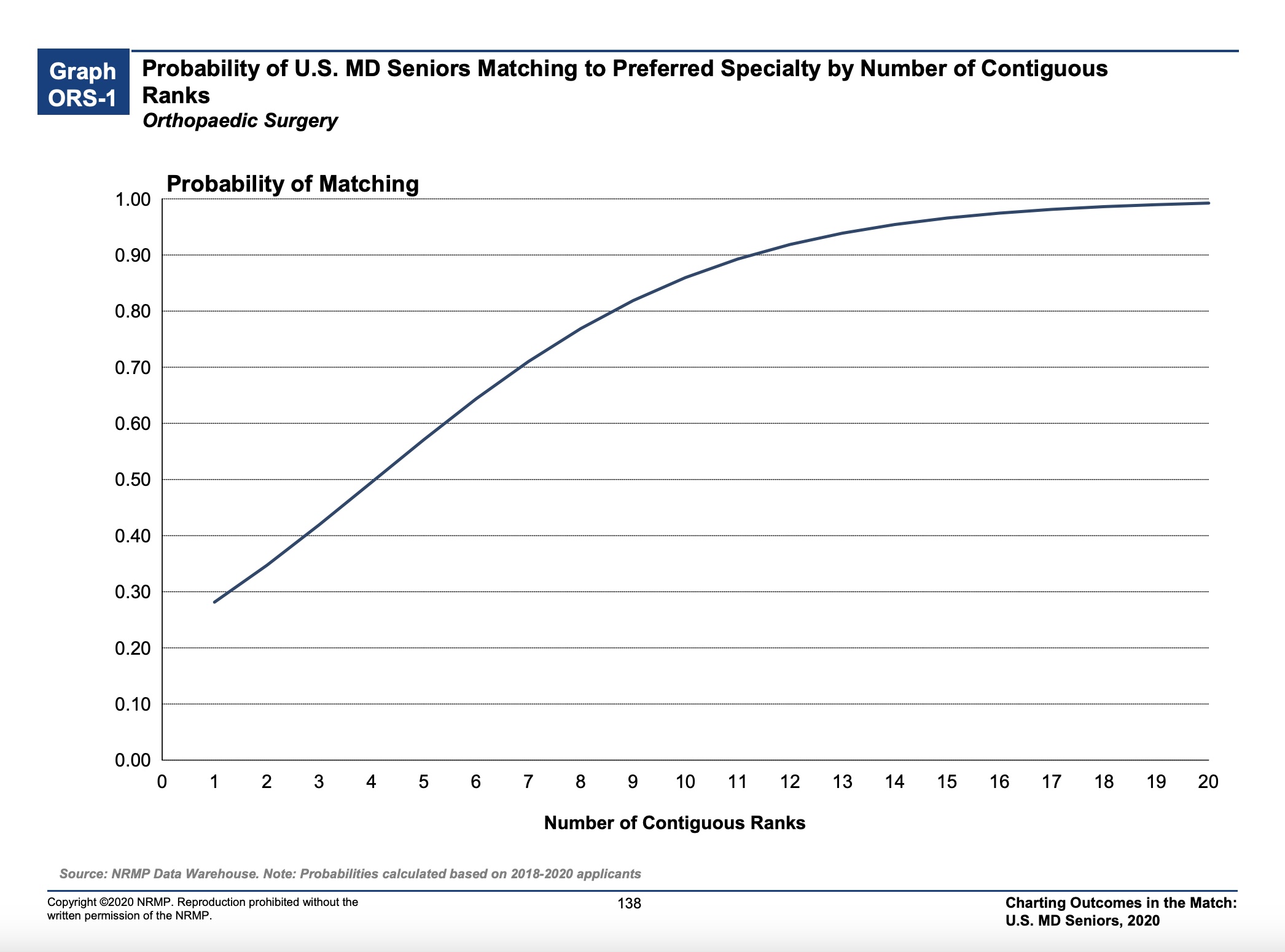You’ve spent three years flipping through Anki flashcards, perfecting presentations, and crafting a CV in preparation for “Med School Nirvana,” also known as MS4. For years, you have listened to upperclassmen sing the praises of this golden time as they wrap up clinical rotations and celebrate Shelf and Step exams now being in the rearview mirror
But to reach this long-imagined oasis, you must trudge through what will inevitably start to feel like Zoom Hell. Crafting a personal statement, tallying volunteer hours, and hunting down standout letters of recommendation may have tested your sanity, but by this point, you’ve surely realized that online interviews are the true torture.
That’s what makes it so important to know when enough is enough and begin winding down the virtual interview process.
The Exhausting Reality of Virtual Interviews
The Good
In the spirit of fairness, let’s kick off our brief overview of the pros and cons of virtual residency interviews with some obvious upsides.
Though your enthusiasm for the residency interview process will inevitably wane throughout application season, you acknowledge that interviews are extremely important in deciding how to rank programs on your list. You can still get a sense of what a program is like based on what the program director emphasizes on interview day and your virtual interactions with the residents.
Moreover, virtual interviews certainly make the process cheaper and more accessible than ever. Most MS4s enter interview season not even knowing what they’re looking for in a program but leave with clear priorities.
To be clear: I’m not against virtual interviewing, but I am against endlessly interviewing, which is what this article aims to tackle.
The Bad
Let’s face it: the honeymoon phase is over. In October, you felt a flutter of excitement each time your phone chimed with an email: “We’re pleased to offer you an interview…” You dusted off the pantsuit, scheduled a mock interview through your school’s alumni network, and woke up way too early to set up your ring light just right. You even wore real pants!
We are now in February, folks. You’ve been doing this song and dance long enough to now wear sweatpants under your desk, turn off your camera during morning reports, and play Call of Duty with differential diagnoses droning in the background.
And who could blame you? Putting forth your best self for an all-day Zoom session is exhausting. It is where you must cheerfully turn a bad grade or tough rotation into a heartfelt story of grit and determination, rather than just acknowledge that sometimes we trudge through things in med school (and life).
You feel the pressure to describe interesting and inspiring hobbies even though there should be no shame in acknowledging that you spend hours watching reality TV (as do many of your interviewers). And on your ten-millionth awkward interview dinner, you will hear residents answer the same banal questions about the hospital cafeteria and the call schedule. Even for the most extroverted applicants, this process feels rote by December.
“Zoom Fatigue” and How to Identify It
The Performance
“Zoom fatigue” is real. One exhaustive aspect is the performative nature of virtual interviewing. It is feeling the need to be engaged and enthusiastic for the entire day, even for programs you end up ranking at the bottom of your list.
While in-person interview days had a similar “day-long audition” vibe, the excitement is much more genuine when you’re actually touring the hospital, exploring the city, and dining with residents in real life. You can imagine yourself walking these halls in six months, MD badge clipped to your emblazoned Patagonia.
Achieving this level of authenticity and genuine excitement is much harder over Zoom, but of course, you still must come across as wholly engaged to your interviewers (and evaluators) all day.
The Anxiety of Choice
Something else that may worry you is the ability of virtual interviews to accurately portray the residency experience. During my virtual interview season, I was frequently struck by these thoughts:
- – “How can I commit to spending 80 hours a week in a hospital I’ve never set foot in?”
- – “What if the workroom doesn’t have any windows, and I show up the first day to a dungeon?” (For aspiring radiologists, ignore this one—you have already embraced the Dungeon Lifestyle.)
- – “How can I decide to spend the next three to seven formative years (maybe more, if pursuing fellowship) of my medical training and my personal life based on a half day of video conferences?”
These are all very valid concerns. No matter how many spreadsheets you make comparing call schedules, cost of living, and the million other variables the typical med student is likely to obsess over, it comes down to a gut decision.
Medicine attracts data-driven and analytical people who are not used to relying on their instincts. Students fulfill a list of pre-medical requirements in college and attend whatever medical school is willing to accept them. That’s eight years of following a highly prescribed tract dictated by someone else (even with some adventurous gap years in between).
Residency is different. You now have a valuable degree and skillset a very small sliver of society can claim, and programs need you to run their hospitals. Congratulations, you finally have leverage and choice!
This new, strange feeling is wonderful but also stressful. Even if the final decision is out of your hands (read this to understand how the Match algorithm works), the rank list itself is finally yours to make. This can weigh heavily on your shoulders if you feel virtual interviews don’t give you sufficient information to make this important decision.
“Application Fever”
The final aspect of Zoom fatigue is the very simple fact that each applicant is applying to more programs than ever before. This is a phenomenon known as “Application Fever,” coined and eloquently explained by Dr. Bryan Carmody on his popular medical education blog The Sheriff of Sodium.
This dizzying rat race has worsened in the age of virtual interviews, where past barriers to application fever have been removed, like costly plane tickets, the physical inability to travel to back-to-back interviews, and the logistical nightmare of planning for 30 interviews.
You can now do everything from the comfort of your bedroom, including interviewing every single day or even two interviews on the same day.
This means that students are applying to—and interviewing at—more programs than ever before (read: more Zoom time). Unfortunately, this is not evenly distributed, with the “highest-achieving” MS4s getting most of the interviews (including at programs they are unlikely to rank highly) while other unmatched MS4s would gladly attend those residencies.
So… Can I Stop Zooming Now?
Finally, we arrive at the crux of the matter: Can I stop zooming now?
When I had my own bout of the Zoom Blues in mid-December, I actually sought out Dr. Carmody to pose this exact question (he happens to teach at my alma mater). He directed me to an excellent resource published by the NRMP called “Charting Outcomes.”
NRMP’s “Charting Outcomes” Resource
In the Internal Medicine section of the document (pages 81 through 89), there are charts that show the 2020 match rates for applicants based on variables such as Step scores, research projects, work experiences, AoA, and having multiple degrees.
For me, the most helpful graph was on page 84 (above), which showed that the probability of matching in Internal Medicine was near 100% after completing 10 interviews. Interestingly, the probability didn’t increase from 10 to 20 interviews, indicating that interviewing beyond that number was essentially useless in terms of matching.
Of course, you can’t line up your interviews so that your favorite 10 places are the first 10 programs at which you interview. Nonetheless, it does make a strong argument for scheduling the programs you are most excited about in November and December with the ability to turn down interviews in January and February if you’ve already had 10 that excite you.
(Note that this does vary by specialty. The above chart shows orthopedics, the most competitive specialty to match in 2022, which nonetheless has a 90% match rate at 12 interviews).
With this data in hand, I reflected on the fact that I had already interviewed at 10 high-quality programs where I felt I would be happy. I canceled interviews in January and breathed a sigh of relief looking at my suddenly Zoom-free calendar. Be sure you cancel more than two weeks in advance so that programs can fill your spot! Here is a quick guide on how to professionally cancel an interview.
The Bottom Line? Don’t Psych Yourself Out
Interview season is emotional and stressful. The urge to “take every opportunity” and panic interview everywhere that sends you an offer can be strong. Try to think about the big picture, especially if it’s later in the season and you have many solid interviews under your belt. Be kind to your fellow interviewees.
If you’re not excited about an interview at Program 15, then why do it? The chances you fall that far on your list are exceedingly rare, and someone out there has been dying for an interview at Program 15. Conversely, are there places you dreamed of interviewing but never got an invitation? Surely there are MS4s out there who are interviewing at that place out of inertia rather than genuine interest. Use the data from Charting Outcomes and think hard about your residency program list.
Someday I hope that application fever will defervesce and we will not be faced with these choices. The ideal world is one where applicants don’t need to cancel excess interviews because they applied to just the right number of programs and only ones they genuinely want to join. This concept seems pretty obvious, but I know firsthand how easy it is to get swept up in the craze of interview season.
More choices are not always better, as described by this Harvard Business Article. It may surprise you that when faced with a greater variety of foods, people were more dissatisfied with their ultimate choice. But “analysis paralysis” is part of human nature. While selecting a flight of beer solves this problem pretty nicely, the most important choices in life don’t allow us to straddle multiple things: picking a life partner, buying a house, and submitting a single rank list, for example.
The best way to combat this is to have fewer choices in the first place. Whether you’ve hit your “magic” 10 interviews, you want to cut down on analysis paralysis, you hope to open up slots for more interested applicants, or you’re just plain tired of zoom, I encourage you to reach out to your advisor to discuss when you should stop interviewing.
Med School Nirvana, The Golden Months, FourthYearSpring—whatever you want to call it, the fun part awaits!







